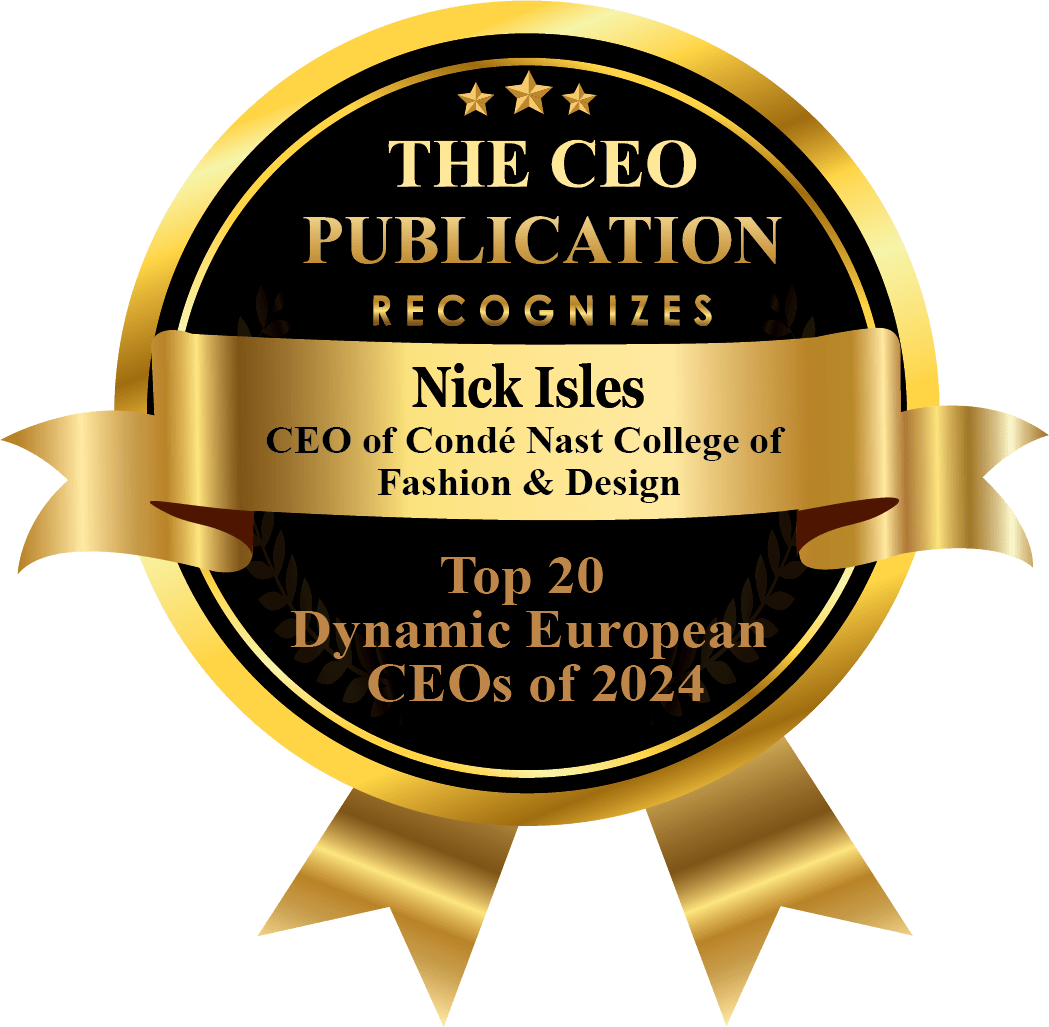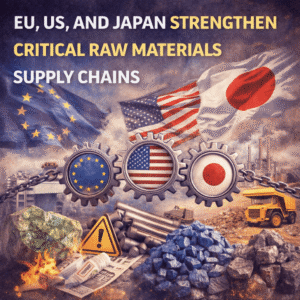

CEO
Nick Isles, CEO of Condé Nast College, has experience across a wide sweep of the education sector, including Further and Higher Education both in management and as a consultant. This has given him excellent instincts for policy and implementation, a rare grasp on the theoretical and the practical. Nick’s authentic leadership style, combined with his ability to lead and manage complexity, is one of the many reasons that make him such a successful CEO at Conde Nast College. Nick is an experienced writer, researcher, and consultant with over twenty years of engagement with organizations across the private, voluntary, and public sectors.
As a transformational change agent, he can think creatively, applying a radical yet realistic leadership approach that engages people to want to work with him and for him. Creating sustainable value in the CEO world requires organizational commitment and strong leadership. It also requires fostering a leadership culture that focuses on solving difficult (‘wicked’) problems for ensuring the long-term success of the organization and society. Nick has certainly proven to be successful in demonstrating this, and more, despite the challenging context of the pandemic and its impact on the higher education sector. Nick is a visionary leader, demonstrated day to day through his ‘intrapreneurs’ attitude, forward vision, open-mindedness, and organizational acumen.“In the higher education marketplace, we are disruptors. We can act with agility and speed. We develop courses in a quarter of the time our competitors take. We are also inside the industry in which our students come to learn how to be a success in their own careers,” explains Nick. “This gives us a unique advantage over other institutions.
By design and appetite, we do not seek to copy but lead. Our online offerings are distinctively different and reflect and reinforce the quality inherent in the brands owned by our parent company Conde Nast.”
Crucially, their students know that because industry insiders are teaching industry insiders, they will acquire skills and knowledge that are relevant today and not thirty years ago. Nick adds, “Teaching to the test is dead in education. Teaching to maximise ability and to make the student more employable are central to everything.”
Nick and his team work hard to ensure their curriculum has sufficient width and breadth to suit all needs. They are establishing an advisory council made up of industry leaders to offer their experience and insights into what they should be teaching and how to teach it. “We do not limit what we do by following arcane rules and processes. Media is now digital first. Content creation for different media is now a priority. So too are the age old disciplines, values and practices of excellent journalism,” he says. “Styling online is a whole new discipline in itself. We excel where the edge of certainty exists because it is tomorrow on which we are entirely focused for our students.”
Condé Nast as abrand has everything an aspiring fashion professional could want in terms of knowledge, exposure and opportunity. They are successfully developing an education provision out of a global media operation. Taking what is a corporate model and adapting it to provideeducation of real value in a way which benefits the brand and the student might once have seemed like an unlikely route to success, but that’s what Condé Nast College of Fashion & Design represents. Such achievement is due in no small part to the willingness of the businesscentre to allow the College to develop as an education institution and the adaptability of the staff to channel their industry expertise into teaching. Conde Nast plans to fast-track the development of its education offerings online to reach an even bigger global audience. As per Nick, today, people are actively looking for opportunities to get educated, which has become evident through the pandemic. The company aims to offer the same to empower individuals worldwide.
With changing dynamics owing to pandemic, Nick suggests CEOs now need to really care about their staff, customers and stakeholders. Purpose and values matter now more than ever before. Sustainability and its allied concerns can no longer be add-ons but must be integral to everything any organisation does. Diversity similarly is now an acknowledged business driver. In both cases consumers are more heavily invested than everbefore in the issues which matter to them and actively seek brands which reflect those values, or more importantly, reject those that do not. “The level of shock to the global system that the pandemic has delivered means that nothing will ever be the same. CEOs have had to reveal more of themselves than formerly they would have felt comfortable in doing, and not only because consumers want to know who they’re dealing with,” he explains. “Zoom meetings from CEO homes have left some feeling exposed. For many, separated physically from the trappings of power such as PAs, Executive Assistants and large offices, the pandemic has been a stressful experience.”He goes on to say, it is now more important than ever that CEOs are authentic in all they do. “Their role as storytellers of the corporate journey is even more critical as we leave this crippling pandemic and enter the next digital revolution where staff can work anywhere, any time and in ways that suit their lives.”

" In the higher education marketplace, we are disruptors. We can act with agility and speed. We develop courses in a quarter of the time our competitors take. We are also inside the industry in which our students come to learn how to be a success in their own careers. "




© THE CEO PUBLICATION 2021 | All rights reserved. Terms and condition | Privacy and Policy